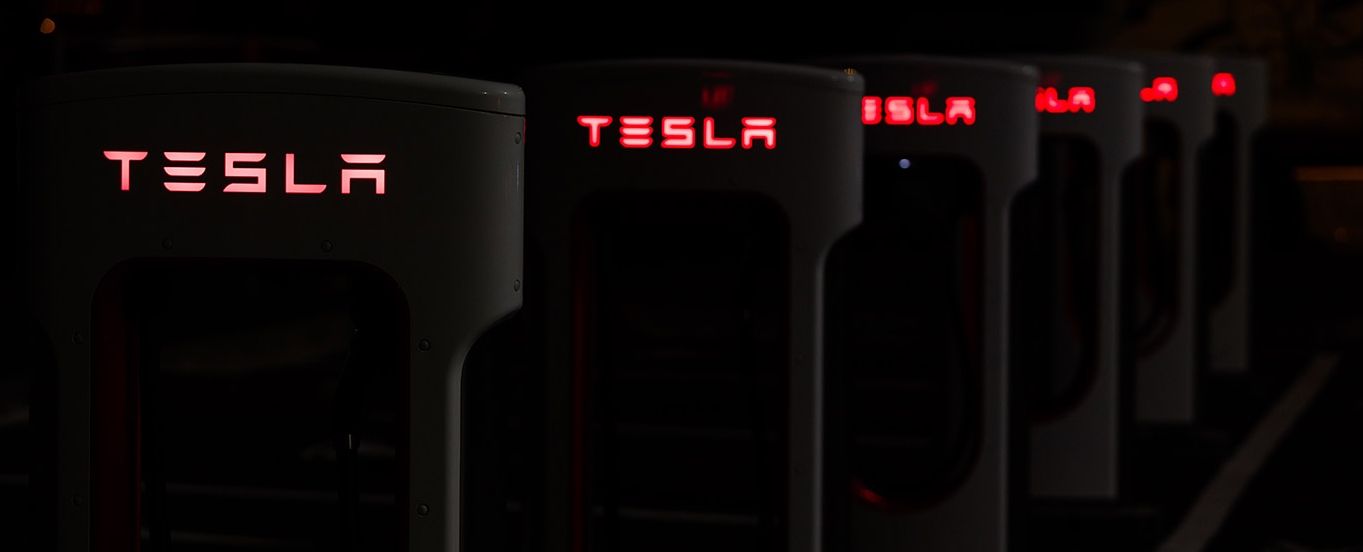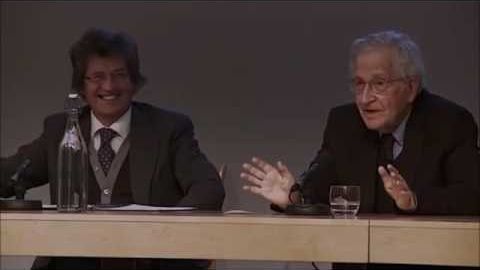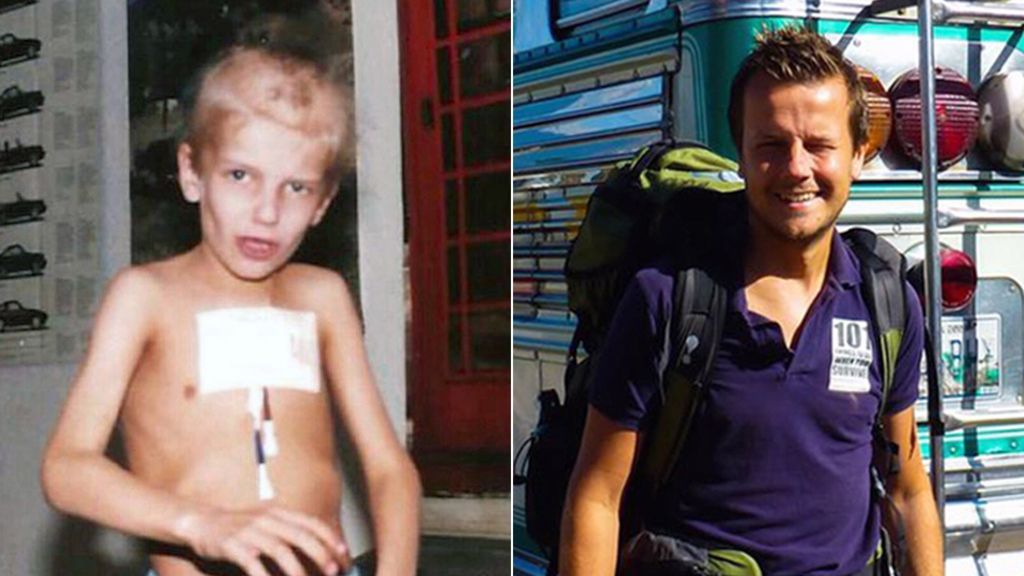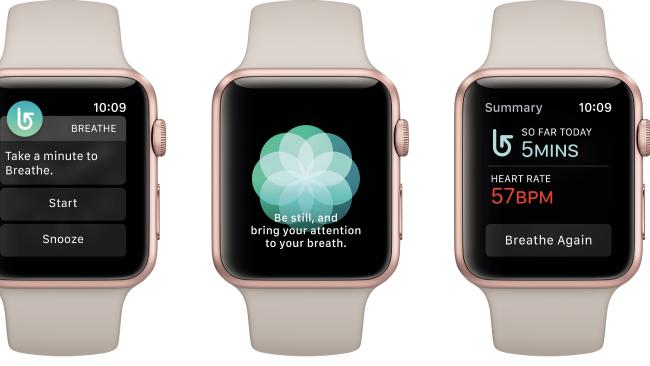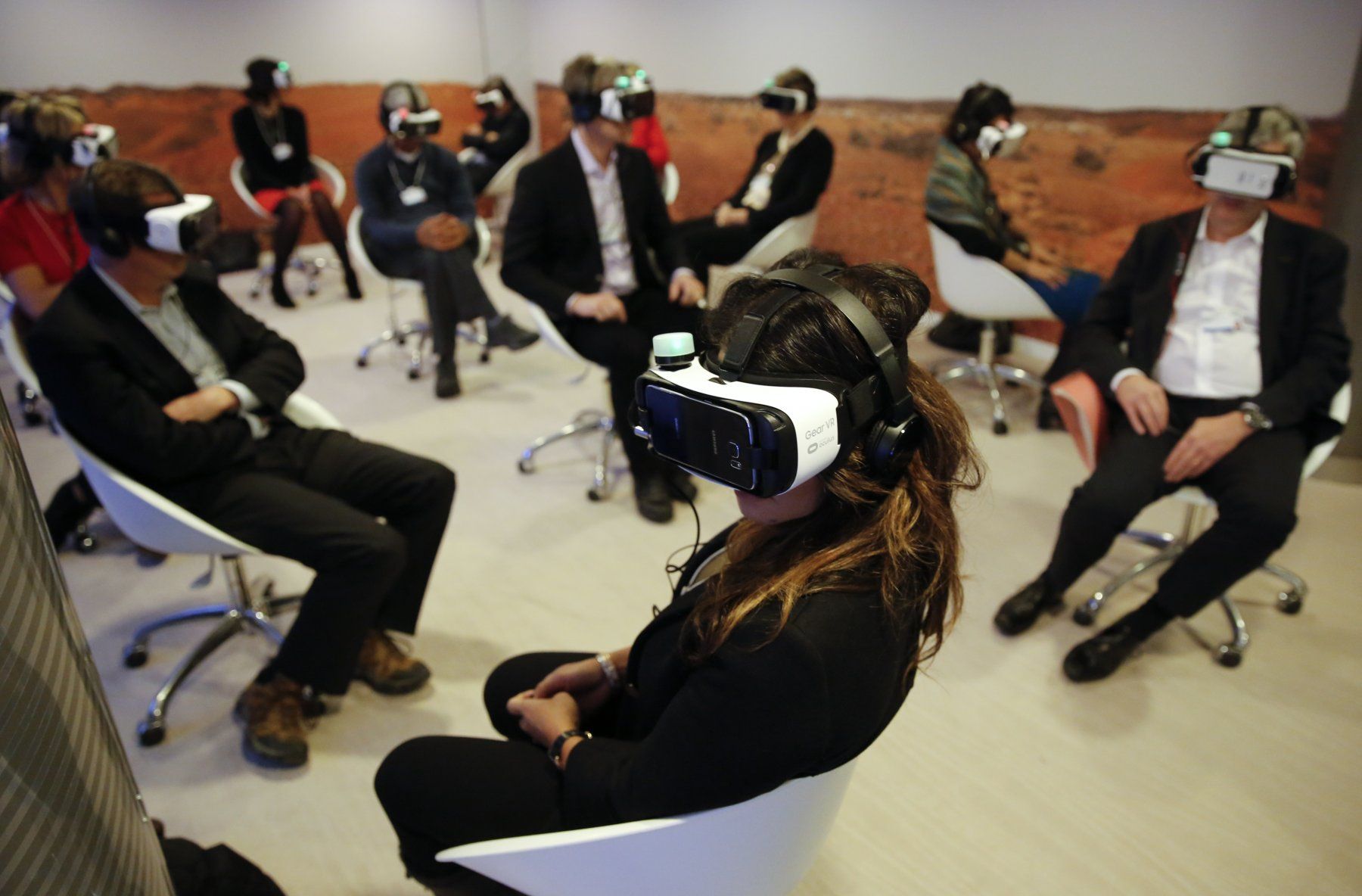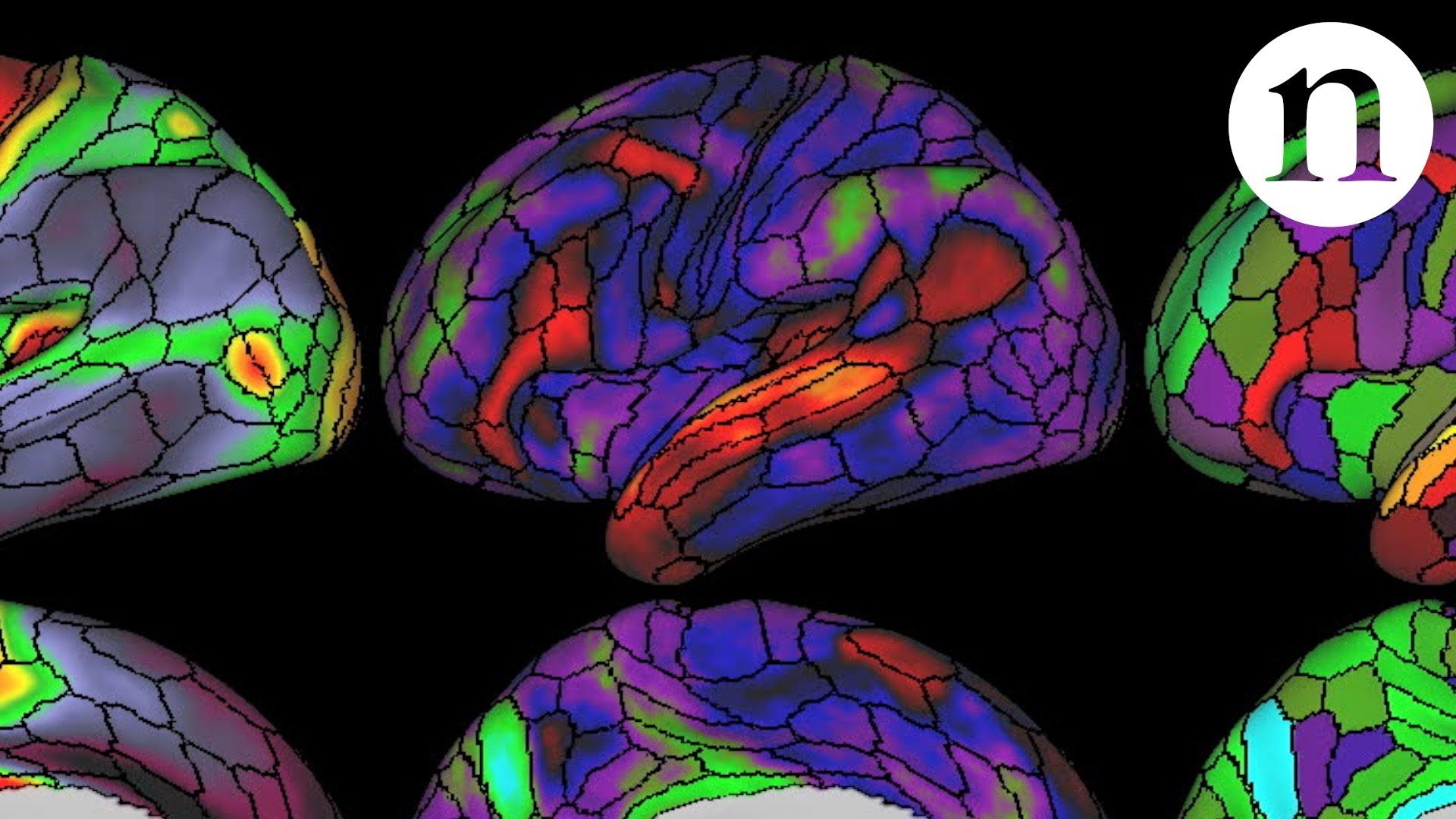Aug 1, 2016
Elon Musk is kicking off an automated low-carbon future with the merger of Tesla and SolarCity
Posted by Klaus Baldauf in categories: Elon Musk, robotics/AI, sustainability, transportation
Elon Musk is today set to merge Tesla Motors and SolarCity, Reuters is reporting, kicking off part two of his master plan to transform our cities and suburbs into environmentally friendly automated wonderlands.
In July Musk wrote of his plan to merge the two companies in a blog post entitled Master Plan, Part Deux, saying it was essential to “create a smoothly integrated and beautiful solar-roof-with-battery product that just works, empowering the individual as their own utility, and then scale that throughout the world.
“We can’t do this well if Tesla and SolarCity are different companies, which is why we need to combine and break down the barriers inherent to being separate companies. Now that Tesla is ready to scale Powerwall and SolarCity is ready to provide highly differentiated solar, the time has come to bring them together.”
